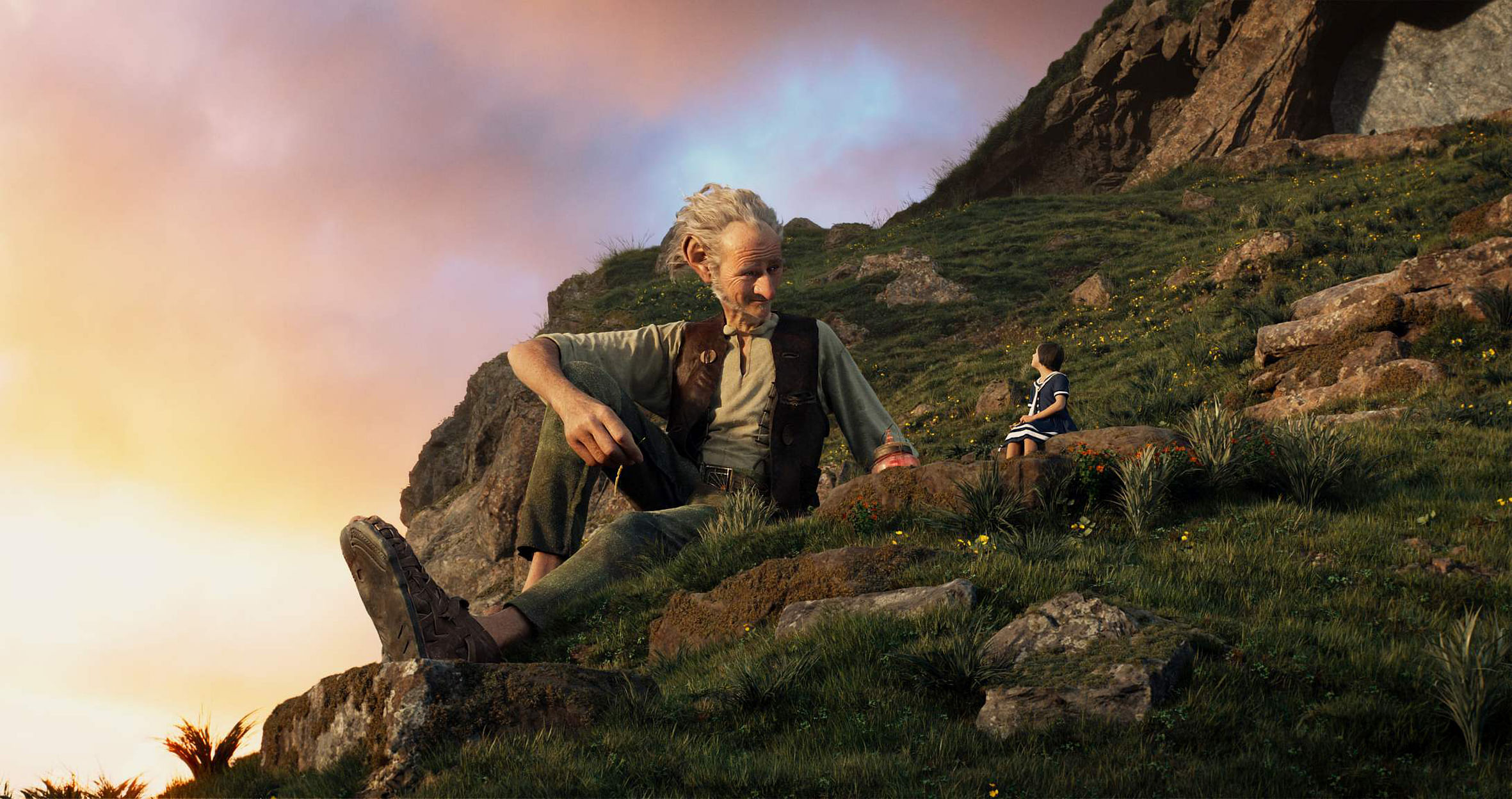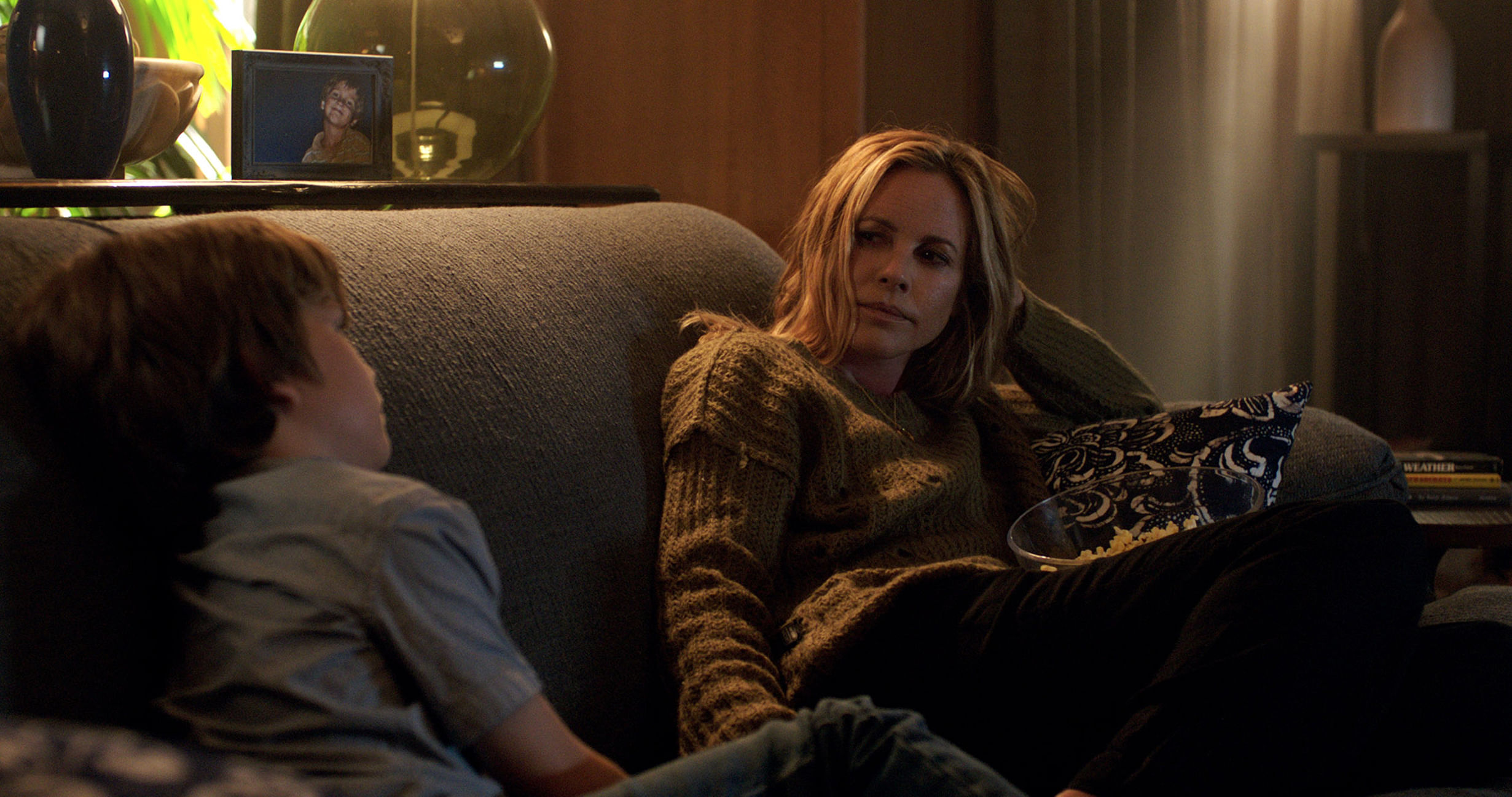The trouble with being the revered director Steven Spielberg is that a passable film from him feels like a huge letdown. That is how it is with The BFG (PG, 117 minutes, opens tomorrow, 3 stars) a perfectly functional adaptation of a beloved Roald Dahl story that would be praised if it came from a film-maker of a lesser calibre.
We have been trained to expect Spielberg magic, that feeling of mild euphoria that comes from a tale thrillingly told. Instead of that, this movie feels restrained, tamped down, afraid to see Dahl's world for what it is: a grotesque, cruel place with the capacity to hurt kids.
Dahl gave the villain giants names such as Fleshlumpeater, Bloodbottler and Bonecruncher, which offers a clue as to his tone. They live in a land in which the BFG, short for Big Friendly Giant (Mark Rylance, via motion-capture) is an outcast for his unwillingness to see humans as a food group. Sophie (Ruby Barnhill) is an orphan who spied on him wandering the streets of London on his nightly job of giving dreams to people. He imprisons her in his home in Giant Country to keep his secret safe, but his bullying clan members are suspicious and hungry.
There are visual setpieces galore, such as when the giants crash the BFG's home searching for Sophie or when she follows him into Dream Country to capture dreams. A lot of effort is invested in those segments. But the best visual kick is the simplest, and happens early on, when the BFG demonstrates how a person three storeys tall walking in London can hide in plain sight.
Some have said that the computer-drawn BFG and his pals have the unnerving "dead eyes" look typical of digital actors; this reviewer does not share that opinion. Rylance and Barnhill give terrific performances; he in animation, she in live action. Details such as the eye-line are spot on - when the pair interact, they appear to be looking at each other, instead of off-axis.
A taste of Dahl's immature sense of humour is retained, but that tone is squandered by Spielberg's surprising lack of wit. Goo-filled snozzcumbers, the preferred food of The BFG, become props in slapstick bits, as are his favourite drink, the flatulence-causing frobscottle.

And there ought to be nothing funnier than seeing The Queen (Penelope Wilton) and her retinue parp like a trumpet orchestra, but the scene does not build; it goes on and on, the same sound gag repeating. The sense of sequences carrying on for too many beats permeates this movie.

Lights Out (NC16, 81 minutes, opens tomorrow, 3 stars) is that increasingly common thing, a full-length feature that first began life as a viral short film. A devastatingly simple visual gimmick drives this horror work: When the room lights are off, a silhouette appears, always coming closer; flick the lights on and it vanishes. In the seconds between switches, one lives or dies.
Swedish film-maker David F. Sandberg created the short and this feature marks his entry into Hollywood. The first-time feature helmer gets plenty of studio help in stretching his one-minute work over 81 minutes. That help is apparent from the slickness of the character-driven story and also in its lapses into formula.
Sophie (Maria Bello) is plagued by an apparition that only she can see. Her son Martin (Gabriel Bateman) and daughter Rebecca (Teresa Palmer) think she is insane, but spooky incidents convince them that the being their mother speaks to might be real and malevolent.
As is typical of realistic suburban horror, an elaborate and unnecessarily detailed origin story of the bogeyman is put forward, as if that explained anything. The overworked exposition detracts from the family unit, played with engaging intensity by Palmer, Bello and Bateman.
The female-centred dynamic is interesting and it helps that Palmer and Bello bear a physical resemblance. The mother is both villain and victim, creating a deeply conflicted daughter, a person who has to flick between the light and dark within herself.
It is the best thing in this otherwise standard work.
